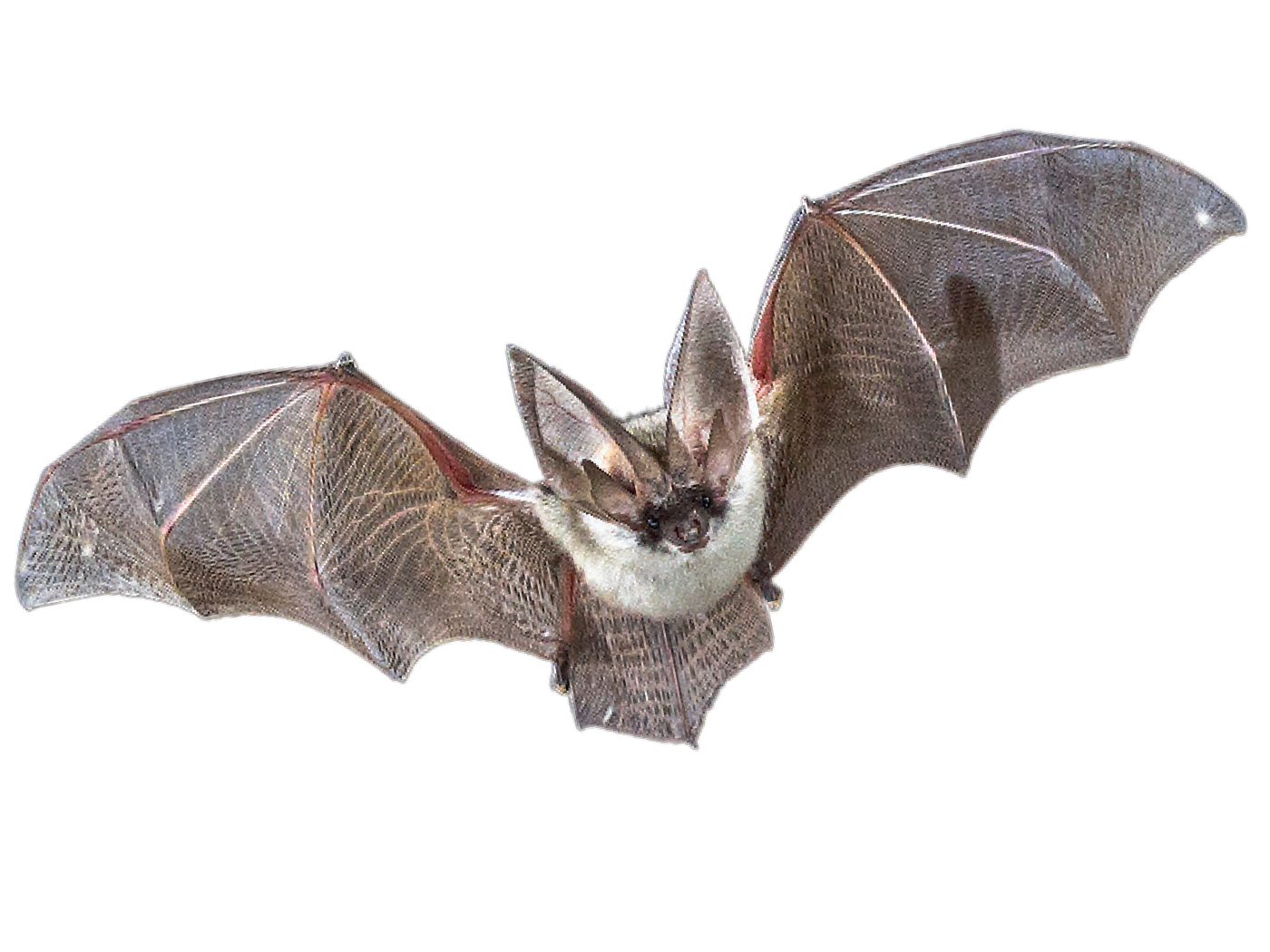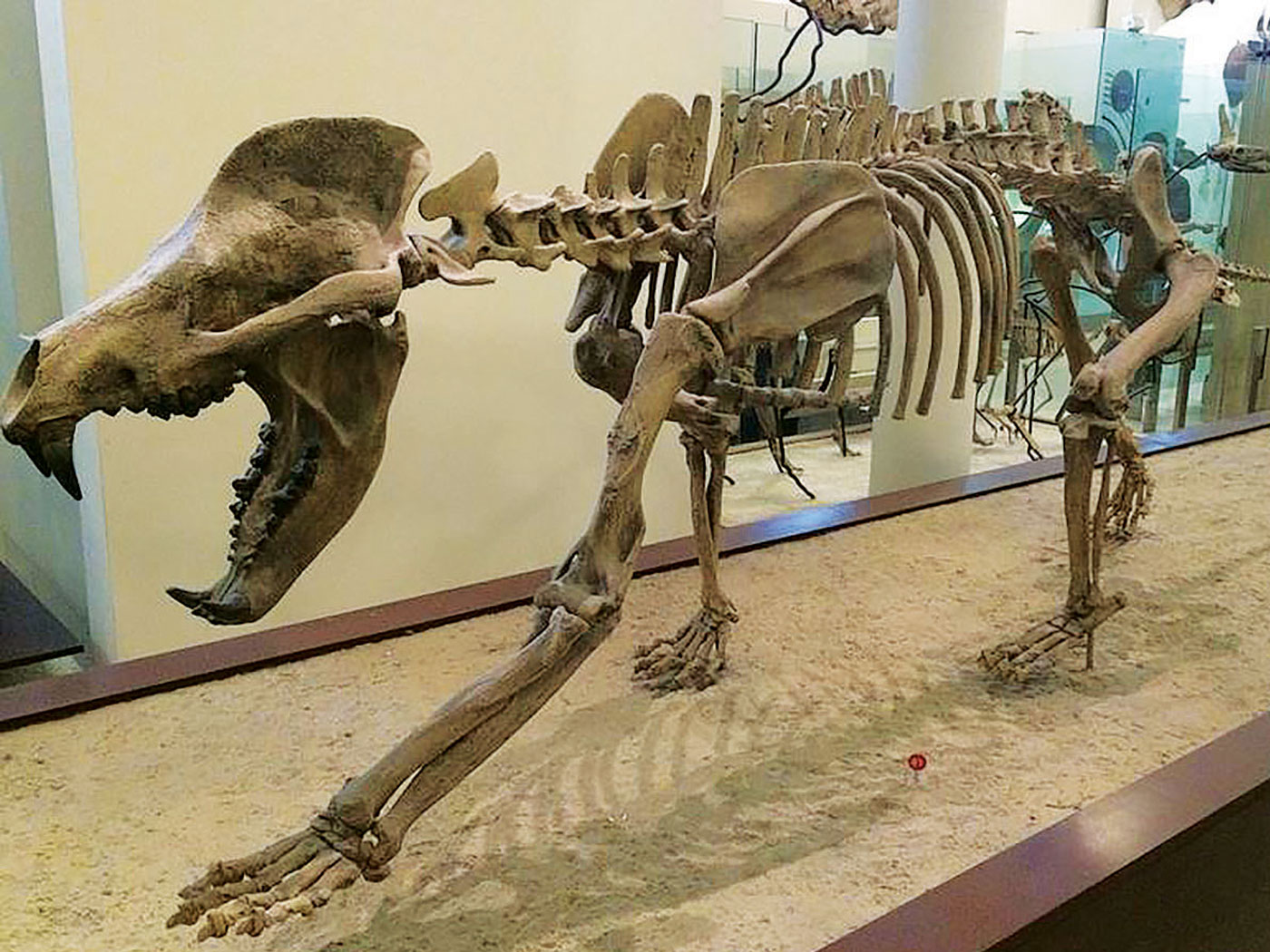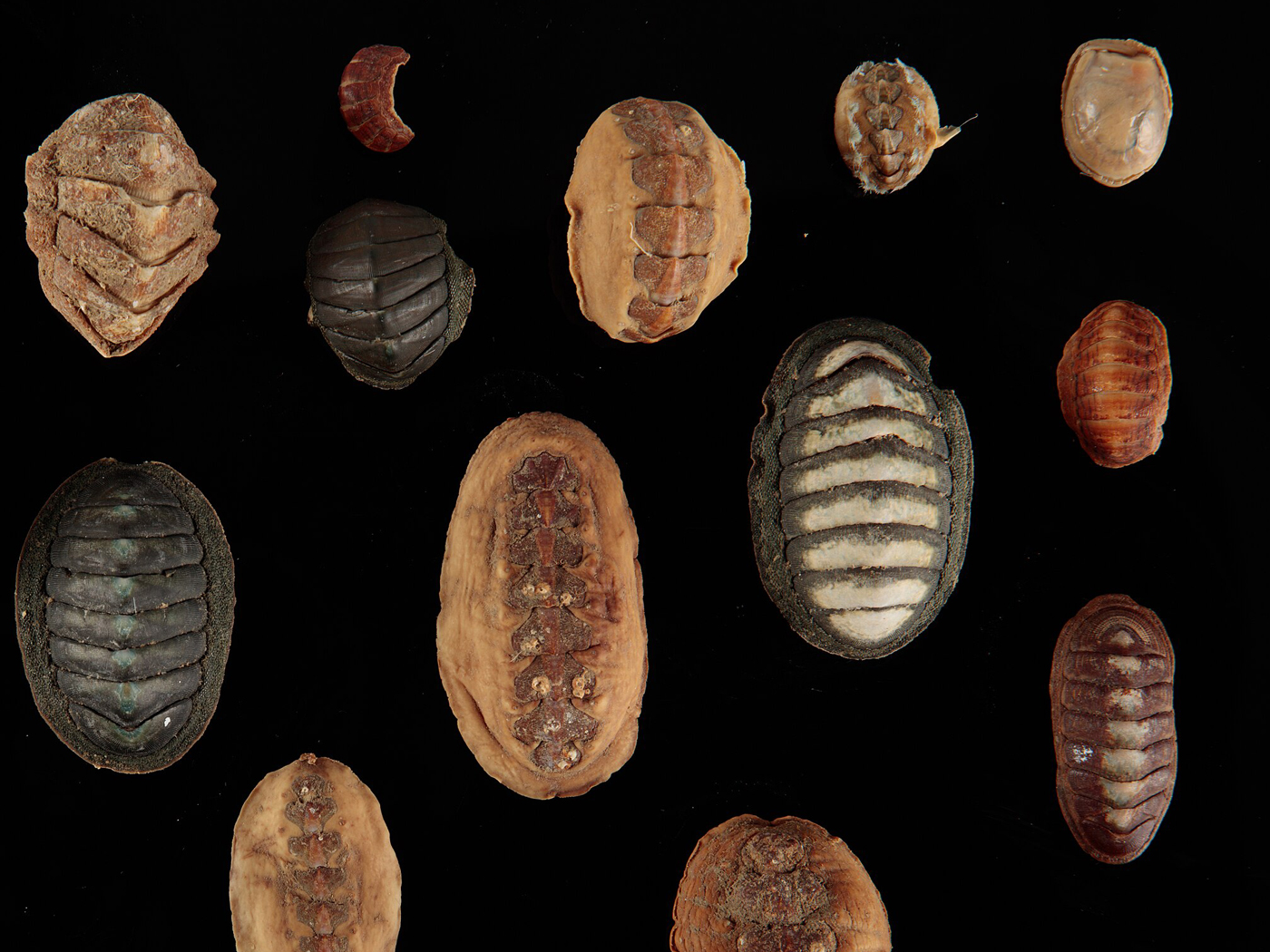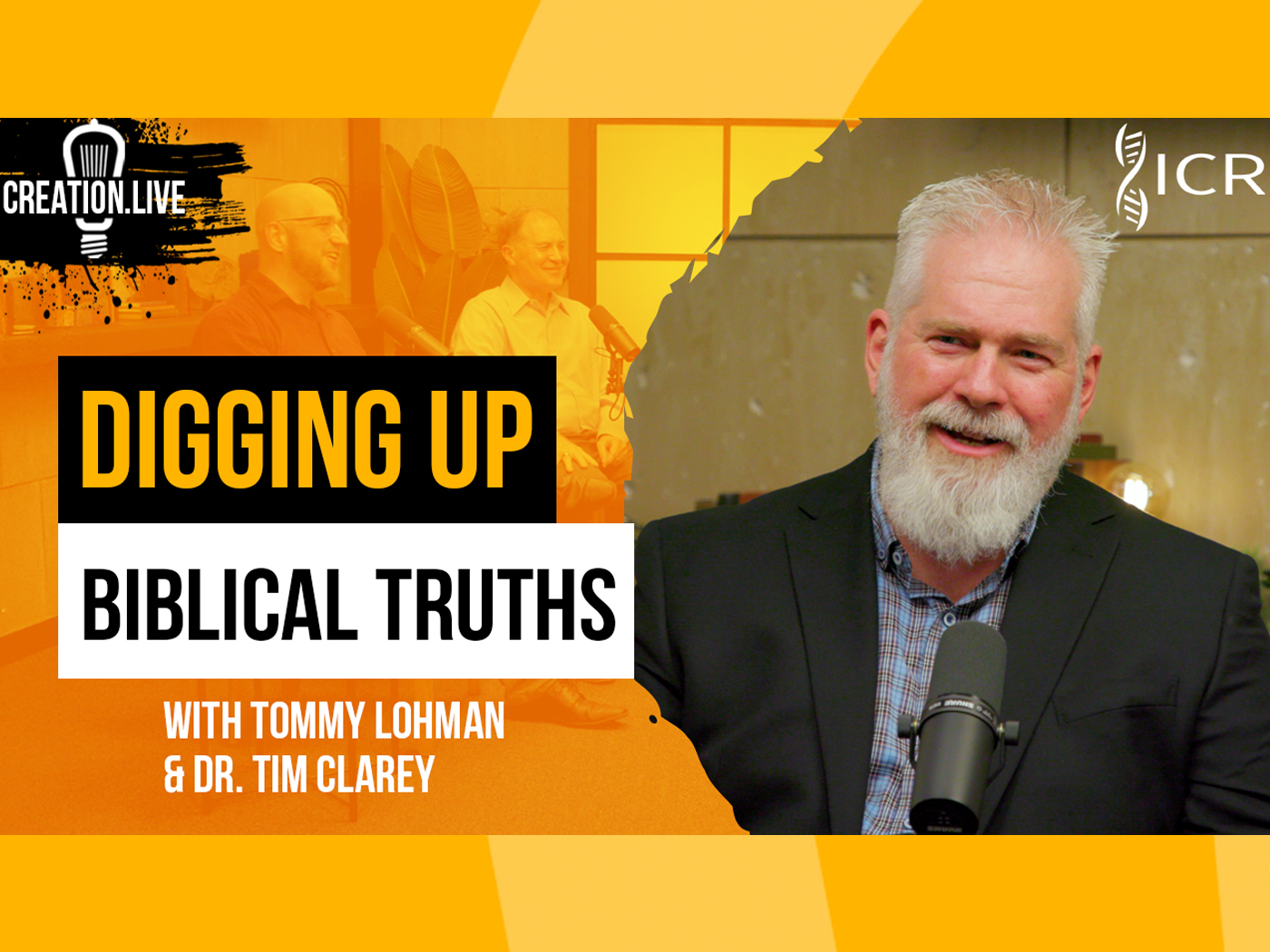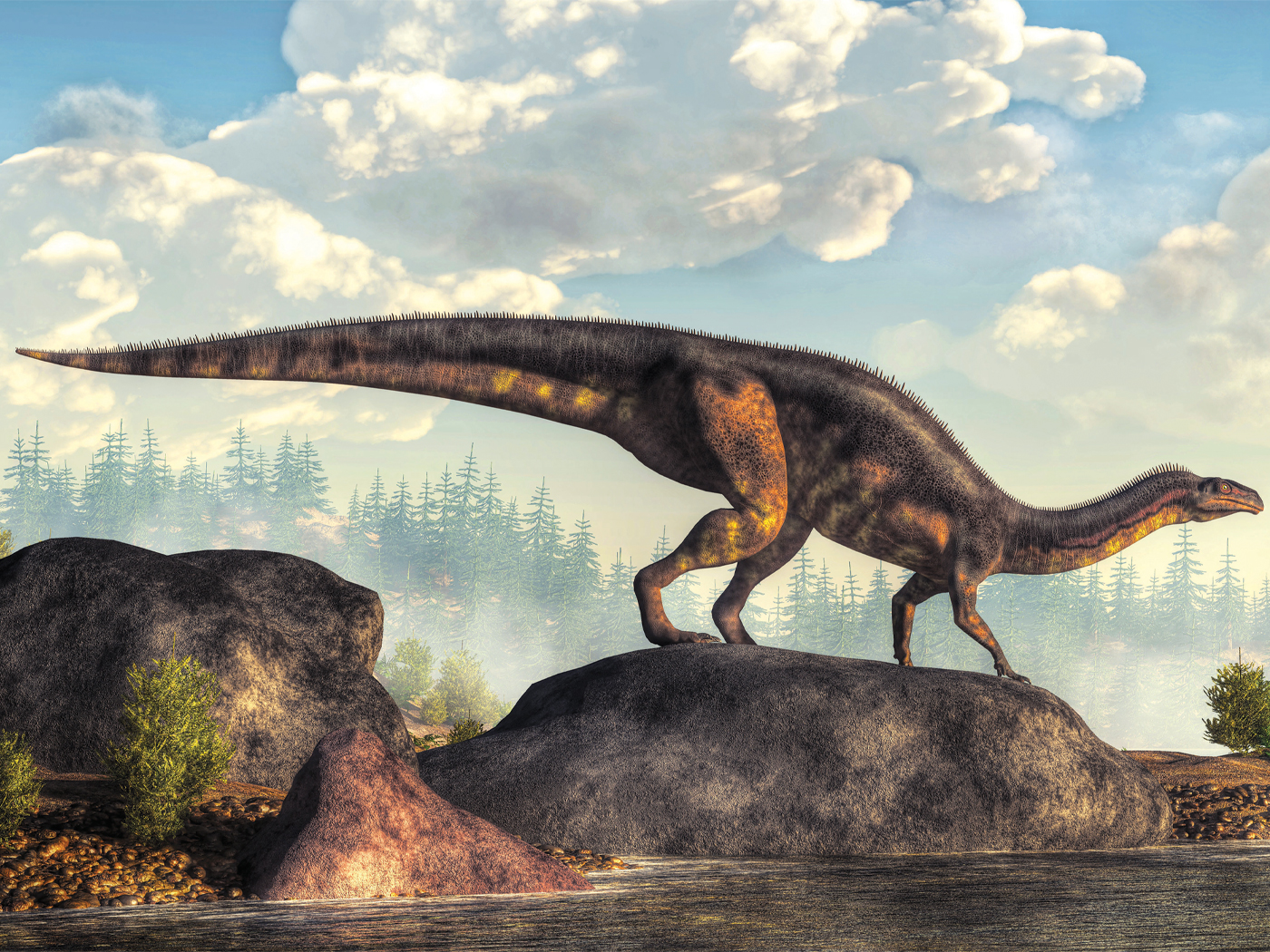What is best way to classify creatures? One of the research focuses of the ICR life sciences team is the question of biblical taxonomy.1 A debate exists over the definition of the key scriptural term relevant to this subject, the word translated as kind. The ICR team is employing a specific methodology to resolve the question.
We practice biblical textual research in the same way we practice origins biology research—presuppositionally. When we do science, we presuppose (assume) that the Bible is accurate in its descriptions of nature, and then we perform experiments to fill in details that the Bible omits. In biblical research, we presuppose that the Bible itself is the best tool to understand the biblical text. This seemingly contradictory statement entails that when we want to understand the meaning of a word or passage in the text, we consult other scriptural passages that use the word, or other verses that comment on the passage in question. We do not rely on science or extra-biblical sources when trying to understand the meaning of a text like Genesis 1-11, or of a term such as kind. Thus, the first step of our research inquiry is to presuppose that Scripture is sufficient to reveal the definition of kind.
This presuppositional approach to Bible research makes biblical sense. First, this approach honors Scripture as the ultimate source of truth. If we use extra-biblical literature to inform the meaning of the scriptural text, we tacitly elevate the extra-biblical texts to a place of authority higher than the Bible itself. This undermines the very reason we consult the Bible first—the fact that it is the only completely reliable source of truth about the past.
Second, our methodology honors the unity of the Bible and the omniscience and omnipotence of God. Though the Bible was written by many human authors, it has a single divine Author who knows the end from the beginning and who chose exactly what material He wanted in the Bible for a purpose that spans all of history.
This is illustrated by the following example. To discern the meaning and purpose of Genesis 1-3, let us ask a few questions of the text: Why did God include so much detail in Genesis 1-3? Why not just say, “God created everything perfect, and then humans messed it up”? When trying to answer these questions presuppositionally, by consulting other verses in Scripture, we discover a fantastic truth: God knew and planned that, at the end of time, there would be a people “born”2 to whom He would give dominion and rule.3 This is an exact recovery of the primeval mandate to be fruitful and to have dominion,4 commands that were frustrated as a result of mankind’s rebellion against God.5 Thus, one of the reasons that God included the detail that He did in Genesis 1-3 was to instruct us about His eternal cosmic plan. This conclusion is in stark contrast to the parochial speculations reached by some who insist on interpreting the passage in light of extra-biblical literature.6
For this presuppositional research inquiry into the definition of the biblical term kind, the ICR life sciences team will benefit from one of ICR’s apologetics professors, Dr. Jim Johnson. He has previously done a presuppositional biblical research study on Peleg7 and will be applying the same methodology to the study of kind. Please keep us in prayer as we embark on this important and fascinating task.
References
- Jeanson, N. 2010. Common Ancestry and the Bible—Discerning Where to Draw the Line. Acts & Facts. 39 (6): 6.
- John 3:3.
- Matthew 25:21, 23; Luke 19:17, 19.
- Genesis 1:28.
- Genesis 3:16-19.
- Some claim that Genesis 1-11 was written as a polemic against Egyptian or Mesopotamian gods and that, therefore, the meaning of the text is best understood in light of this local historical context.
- Morris, J. D. and J. J. S. Johnson. 2009. Rightly “Dividing” the Word about Peleg. Paper presented to the Creation Research Society, Lancaster, South Carolina, July 10, 2009. Available on www.icr.org.
* Dr. Jeanson is Research Associate and received his Ph.D. in Cell and Developmental Biology from Harvard University.
Cite this article: Jeanson, N. 2010. Presuppositional Research and the Definition of Kind. Acts & Facts. 39 (10): 8.





